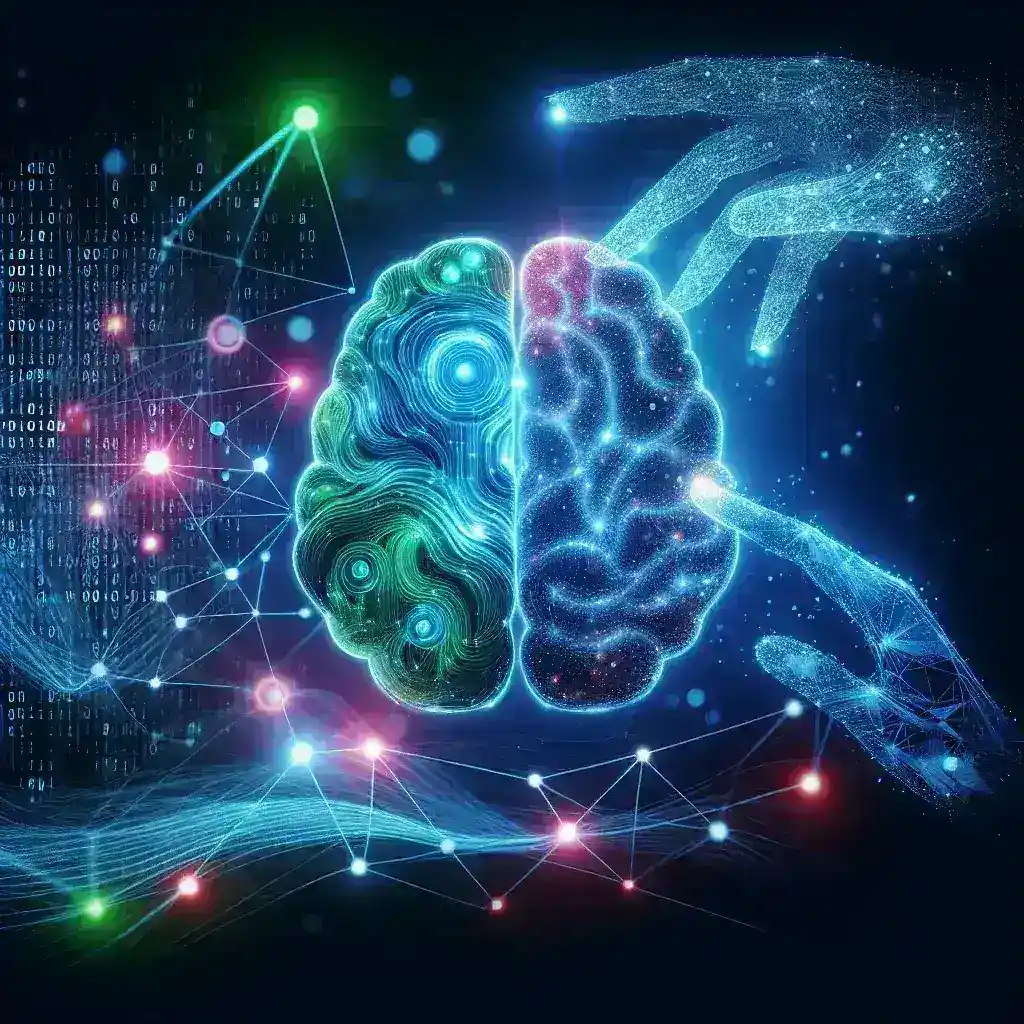The Integration of AI in Mental Health
Artificial Intelligence (AI) has quickly become a cornerstone in technological innovation, impacting various aspects of our daily lives. One of the most promising and impactful applications of AI is in the realm of mental health. As mental health issues continue to rise globally, AI presents a unique opportunity to enhance mental health support and make it more accessible. This article delves into how AI is transforming mental health care and support.
AI-Powered Therapy and Counseling
One of the most direct ways AI is contributing to mental health support is through AI-powered therapy and counseling platforms. These platforms use natural language processing (NLP) and machine learning algorithms to provide real-time, personalized support to individuals.
- 24/7 Availability: Unlike traditional therapy, AI-powered platforms are available round-the-clock, offering immediate support whenever needed.
- Personalization: By analyzing user interactions, these platforms can tailor responses and suggestions to individual needs, improving the overall therapeutic experience.
Examples of AI Therapy Platforms
Several AI-powered mental health platforms have gained traction in recent years:
- Woebot: An AI chatbot that provides cognitive behavioral therapy (CBT) through instant messaging. It offers practical advice and coping strategies based on user interactions.
- Wysa: Another AI-driven app that employs evidence-based therapeutic techniques to assist users in managing their mental health concerns.
Advanced Diagnosis and Early Detection
AI’s ability to analyze vast amounts of data quickly and accurately makes it a powerful tool for diagnosing and detecting mental health issues early.
- Pattern Recognition: AI systems can analyze speech, writing patterns, and social media activity to identify early signs of mental health disorders such as depression and anxiety.
- Predictive Analytics: These systems use data to predict mental health trends and potential crises, enabling timely intervention.
Improving Accessibility and Reducing Stigma
AI also plays a significant role in making mental health support more accessible and reducing the stigma associated with seeking help.
- Cost-Effective Solutions: AI-driven platforms are often more affordable than traditional therapy, making mental health support accessible to a broader audience.
- Anonymous Support: Many individuals hesitate to seek help due to the fear of judgment. AI platforms can provide anonymous support, encouraging more people to reach out and get the help they need.
Challenges and Ethical Considerations
While AI presents numerous benefits for mental health support, there are challenges and ethical considerations that need to be addressed.
- Data Privacy: Ensuring the confidentiality and security of user data is paramount. AI platforms must adhere to strict data protection regulations.
- Bias and Fairness: AI systems must be designed to avoid biases that could affect the accuracy and fairness of mental health support.
- Lack of Human Touch: While AI can provide valuable support, it cannot entirely replace the empathy and understanding offered by human therapists.
The Future of AI in Mental Health
The integration of AI in mental health support is still in its early stages, but the potential is immense. As technology advances, AI systems will become more sophisticated, offering even more personalized and effective support. Collaboration between AI developers, mental health professionals, and policymakers will be crucial in maximizing the benefits while addressing the challenges.
Innovative Developments on the Horizon
- Emotion AI: Future AI systems may be able to analyze facial expressions and voice tones to better understand and respond to emotional states.
- Virtual Reality Therapy: Combining AI with virtual reality could offer immersive therapeutic experiences, helping individuals cope with conditions such as PTSD and phobias.
In conclusion, AI is playing a transformative role in enhancing mental health support. By providing accessible, personalized, and immediate assistance, AI has the potential to revolutionize the way we approach mental health care. However, it is essential to address the ethical considerations and challenges to ensure that this technology is used responsibly and effectively.

